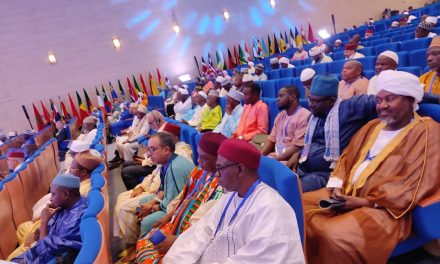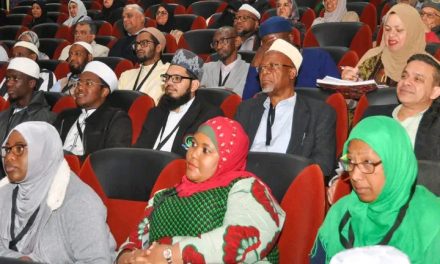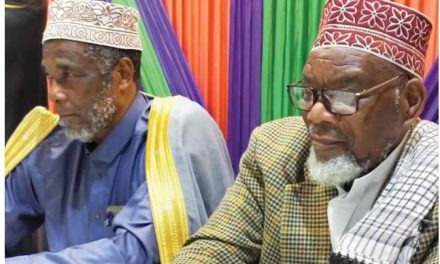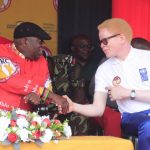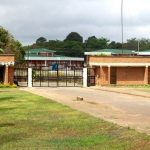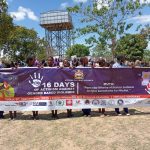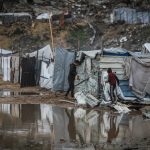
Dialogue can change Societies

Muslim scholars in the country have been advised to start engaging their communities in dialogue regarding many challenges affecting the Nation. The call was made on Saturday by Islamic Zakah Fund (IZF) Chairman Kassam Okhai at a three day seminar which was held at Blantyre Islamic Mission from 7-9 August 2015.
Okhai said that it is only though dialogue that barriers can be broken, we need to build relationships with other communities outside our localities. Okhai also reminded the audience the importance of involving the women and youth who are majority in our societies. We need to engage our Mosque committees to introduce weekly or monthly classes on different aspects like agriculture, education, and health issues just to mention a few. “Let us have dialogue on these issues and our communities will be transformed.”He said.
In his opening remarks the principal of the institution Sheikh Muhammad Muaz Siddik Nadwi, reminded scholars the importance of such gathering by mentioning the dangers of Shiaism in Malawi and its dangers to Malawi Nation in general and to the Muslim Society in particular.
Sheikh Nadwi also provided an account of relationship and debates between prophets and their sons, among them was the debate which Abraham had with his father regarding idol worshiping
Abraham was born among the star- and idol-worshipping people of Chaldea, in the home of Azar, his father, the idol-maker of the tribe. Abraham was among the kuffar,
The Quran 6:74 points that “ Lo! Ibrahim said to his father Azar : Do you take idols for God? For I see you and your people in manifest error? “
From the revolt in the house of Azar, his father, Abraham went on to challenge the polytheism of his people. Indeed Abraham is known as history’s great idol- smasher, as the founder of monotheism and the crusher of ignorance.
In that debate, Abraham clarified to his people that these celestial bodies do not serve as deities and cannot be worshipped as partners with Allah the Almighty. Indeed these bodies are created things, fashioned, controlled, managed and made to serve. They appear sometimes and disappear at others, going out of sight from our world. However, Allah the Almighty does not lose sight of anything, and nothing can be hidden from Him. He is without end, everlasting without disappearance. There is no other deity but Allah.
Abraham made clear to them, first that the celestial bodies are unworthy of worship and second that they are among the signs of Allah. Almighty Allah commanded: And from among His Signs are the night and the day, and the sun and the moon. Prostrate not to the sun nor to the moon, but prostrate to Allah Who created them if you really worship Him. (Ch 41:37).
Abraham’s reasoning helped to reveal the truth, and then the conflict between him and his people began for the worshippers of the stars and planets did not stand mute. they began arguing and threatening Abraham. Sheikh Nadwi also mentioned the relationship and dialogue which other Prophets had with their sons.
The Seminar was organised by Mahad Abubaker Siddick as part of every year event which is aimed at equipping the Muslim scholars new propagating strategies.
One member from the organizing committee Sheikh Adam Nkachelenga said that “This is the third seminar since we started meeting last three years. Such seminars are conducted every year with different themes. The aim of these seminars is to refresh the Scholars with new ways of propagating Islam and at the same time it helps us to plan activities for the year. Every year we have different topical issues where we look at challenges facing our communities.
Therefore as a group we discuss on how we can impart our Knowledge to the public in order to overcome those challenges. For example, this year’s theme is dialogue and its benefits in the society, where as last year we looked at Shiaism and its dangers to the society.
The seminar attracted Muslims scholars across the country. According to one participant who has been attending all the previous seminars said that he benefited a lot and especially this current one where he has learned new dialogue skills.























